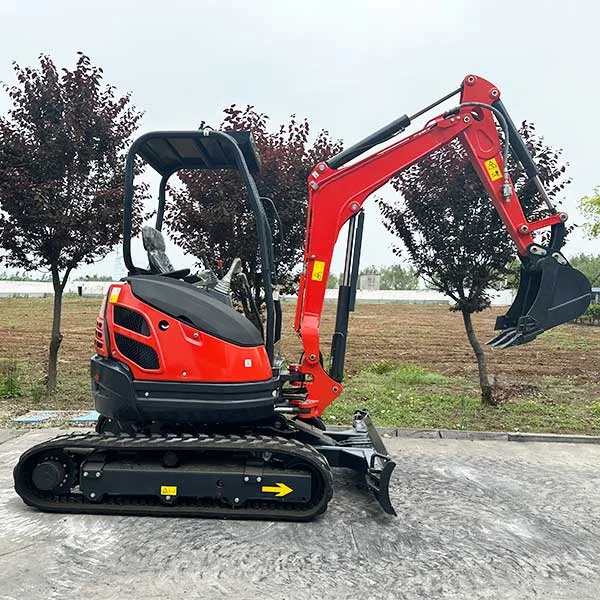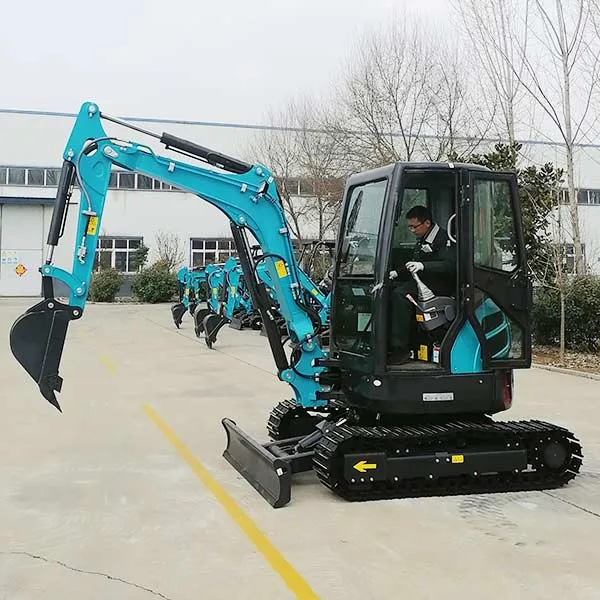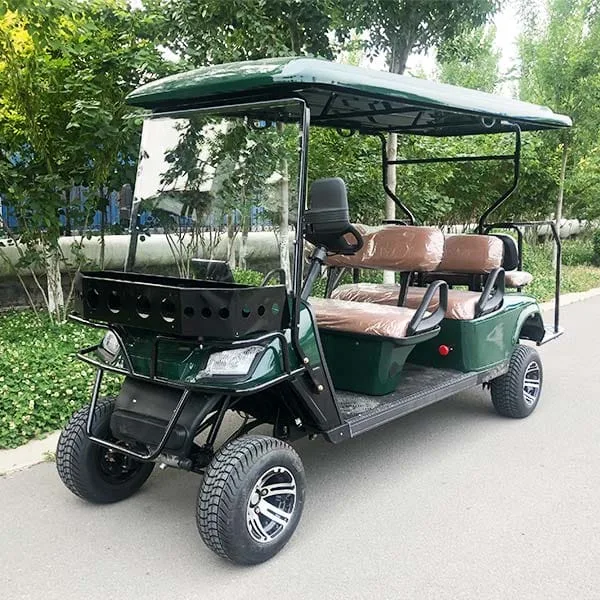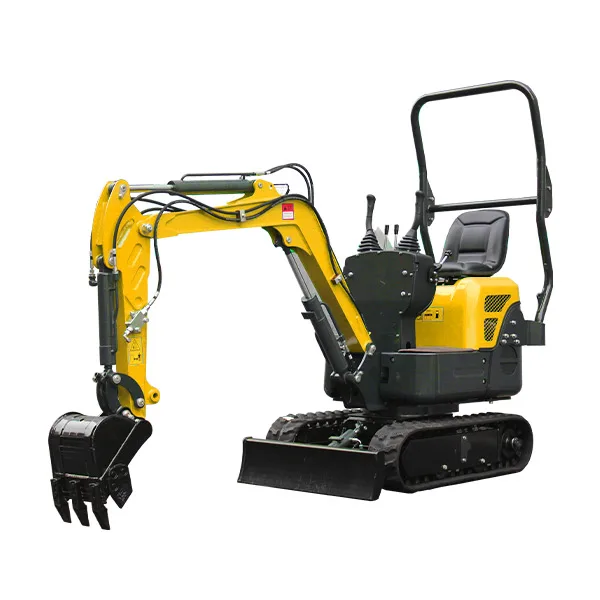This gardening tool guide is designed to help you understand the wide variety of gardening equipment currently available on the market and provide professional advice to help you make informed purchasing decisions. Whether you are working on a small residential garden or a large commercial landscaping project, we will provide you with a detailed analysis of the key points to consider when selecting gardening equipment.
Welcome to My Blog!
Before we dive into the content, I’d love for you to join me on my social media platforms, where I share more insights, engage with the community, and post updates. Here’s how you can connect with me:
Facebook:https://www.facebook.com/profile.php?id=100087112105480
Now, let’s get started on our journey together. I hope you find the content here insightful, engaging, and valuable.
Table of Contents
Understanding Your Gardening Needs: Choosing the Right Machinery
Before diving into the world of garden machinery, it’s important to assess your gardening needs. Whether you’re maintaining a residential backyard or managing a large commercial landscaping project, different types of landscaping equipment will be required.
How to Assess Your Needs:
- Size of the Garden or Project: Smaller gardens might need compact tools like handheld trimmers and small lawnmowers, while large projects might require more industrial machinery like ride-on mowers and heavy-duty trenchers.
- Type of Tasks: Different garden tasks (such as trimming, mowing, planting, or digging) require specialized equipment. It’s essential to evaluate the tasks you perform most often and choose equipment that matches.
- Frequency of Use: If you’re working on landscaping projects regularly, investing in durable, commercial-grade machinery is recommended. For occasional use, a residential-grade tool may suffice.
| Task Type | Recommended Equipment | Purpose |
|---|---|---|
| Lawn Care | Ride-on Mowers, Lawn Tractors | Efficient mowing for large lawns |
| Trimming and Edging | String Trimmers, Hedge Trimmers | Maintaining borders and precision trimming |
| Heavy-Duty Landscaping | Excavators, Skid Steer Loaders | Digging, grading, and lifting heavy loads |
| Planting and Soil Work | Rotary Tillers, Post Hole Diggers | Preparing soil for planting and digging holes |
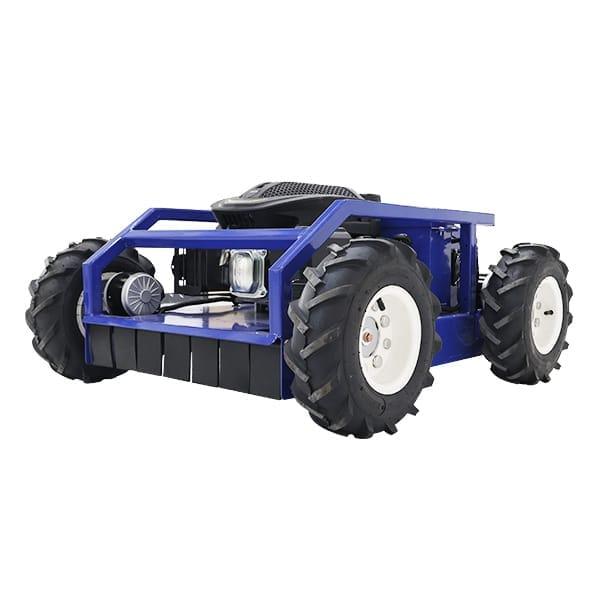
Factors to Consider When Choosing Garden Machinery
Selecting the best garden machinery requires evaluating several key factors. These will help ensure that you choose tools that are not only efficient but also cost-effective and suited to your specific needs.
Key Considerations:
- Engine Power: For heavy-duty tasks, look for machinery with higher horsepower or engine power. For lighter tasks, smaller engines are often sufficient.
- Ease of Use: Ergonomics are essential, especially if you’re using machinery for extended periods. Look for tools with adjustable handles, comfortable grips, and easy-to-use control panels.
- Maintenance Requirements: Some machinery requires more frequent maintenance than others. Make sure you understand the level of care each piece of equipment needs to keep running smoothly.
Comparing Small-Scale and Large-Scale Garden Machinery
A common dilemma when purchasing garden machinery is whether to go for compact, smaller equipment or larger, more industrial machines. Both types of equipment have their advantages, but understanding which one suits your needs can save you both time and money.
Small-Scale Garden Machinery: Ideal for Home Use
Small mechanical equipment, such as push mowers, handheld trimmers, and manual cultivators, is ideal for home users with smaller gardens. These tools are typically more affordable, lightweight, and easy to store. However, using these devices may require more time and physical effort.
Large-Scale Landscaping Equipment: Perfect for Professional Use
On the other hand, large-scale landscaping equipment is best suited for landscaping companies or those working on bigger commercial projects. These machines are equipped with powerful engines and can handle heavy workloads in less time. Equipment like ride-on mowers, skid steer loaders, and rotary tillers are designed for efficiency and speed.
| Machine Type | Pros | Cons |
|---|---|---|
| Small-Scale Tools | Affordable, lightweight, easy to store | Time-consuming, limited in scope |
| Large-Scale Equipment | Fast, efficient, handles tough jobs | Expensive, requires more storage space |
How to Choose the Right Garden Equipment for Environmental Sustainability
With growing environmental awareness, more and more manufacturers are developing eco-friendly garden equipment. These devices not only help reduce your carbon footprint but also ensure that your landscaping work is sustainable.
Features to Look for in Sustainable Equipment:
- Electric Options: Battery-powered and electric garden tools are more environmentally friendly than gas-powered equipment.
- Noise Reduction: Look for tools that offer noise reduction features, which is especially important if you are working in residential areas or noise-sensitive environments.
- Energy-Efficient Engines: Machines with modern, energy-efficient engines consume less fuel, leading to lower emissions and reduced operational costs.
At our company, we offer a range of eco-friendly garden equipment that helps reduce your environmental impact without compromising performance.

The Importance of Maintenance and Durability in Garden Machinery
Once you have selected the ideal machinery for your landscaping needs, it is crucial to understand how to maintain these tools to ensure their longevity. Proper maintenance not only extends the life of the equipment but also enhances its performance.
Maintenance Tips for Long-Lasting Garden Machinery:
- Regular Cleaning: Always clean your equipment after each use to remove dirt, grass, and debris that can affect performance.
- Lubrication: Periodically lubricate moving parts like blades and gears to prevent rust and wear.
- Inspection and Repairs: Inspect your machinery regularly for any signs of damage or wear. Timely repairs can save you from expensive breakdowns.
| Maintenance Task | Frequency | Tools Needed |
|---|---|---|
| Blade Sharpening | After every 20 hours of use | Sharpening tool, oil |
| Air Filter Cleaning | Every 50 hours of use | Compressed air or vacuum |
| Tire Inspection | Every season | Pressure gauge |
Conclusion
When selecting garden machinery, it’s important to choose equipment that suits your landscaping needs, budget, and environmental goals. By carefully considering factors like the type of tasks you perform, the size of your garden, and your frequency of use, you can make an informed decision that will provide you with durable, efficient, and cost-effective tools.
Remember that investing in high-quality machinery may come with a higher upfront cost, but the long-term benefits—such as improved performance, fewer repairs, and reduced maintenance costs—make it well worth it. Whether you’re a professional landscaper or a homeowner looking to upgrade your garden tools, make sure to select the best tools that align with your goals.
At Baolu, we are committed to providing high-quality landscaping equipment and expert advice to help you make the best purchasing decisions. Contact us today to learn more about our range of garden machinery and how we can support your next project.
FAQ
What is the most essential garden machinery for residential landscaping?
For residential landscaping, a lawn mower (push or electric), a string trimmer, and a leaf blower are the most essential tools. They allow you to maintain your lawn and edges and clear debris efficiently.
How do I choose between electric and gas-powered garden tools?
Electric tools are more environmentally friendly, quieter, and require less maintenance. Gas-powered tools, however, offer more power and are better suited for larger or more demanding tasks.
Can garden machinery be used for both residential and commercial projects?
Yes, but the scale of the machinery will differ. For commercial landscaping, you’ll need larger, more robust equipment (e.g., ride-on mowers), while residential gardening typically requires smaller, more maneuverable tools.
How can I extend the lifespan of my garden machinery?
Regular maintenance, such as cleaning after each use, sharpening blades, checking air filters, and lubricating moving parts, will help extend the life of your equipment and maintain optimal performance.
Is it worth investing in more expensive garden machinery?
Yes, investing in high-quality machinery often leads to better performance, fewer repairs, and longer durability, making it a cost-effective solution in the long run, especially for frequent use or large projects.


